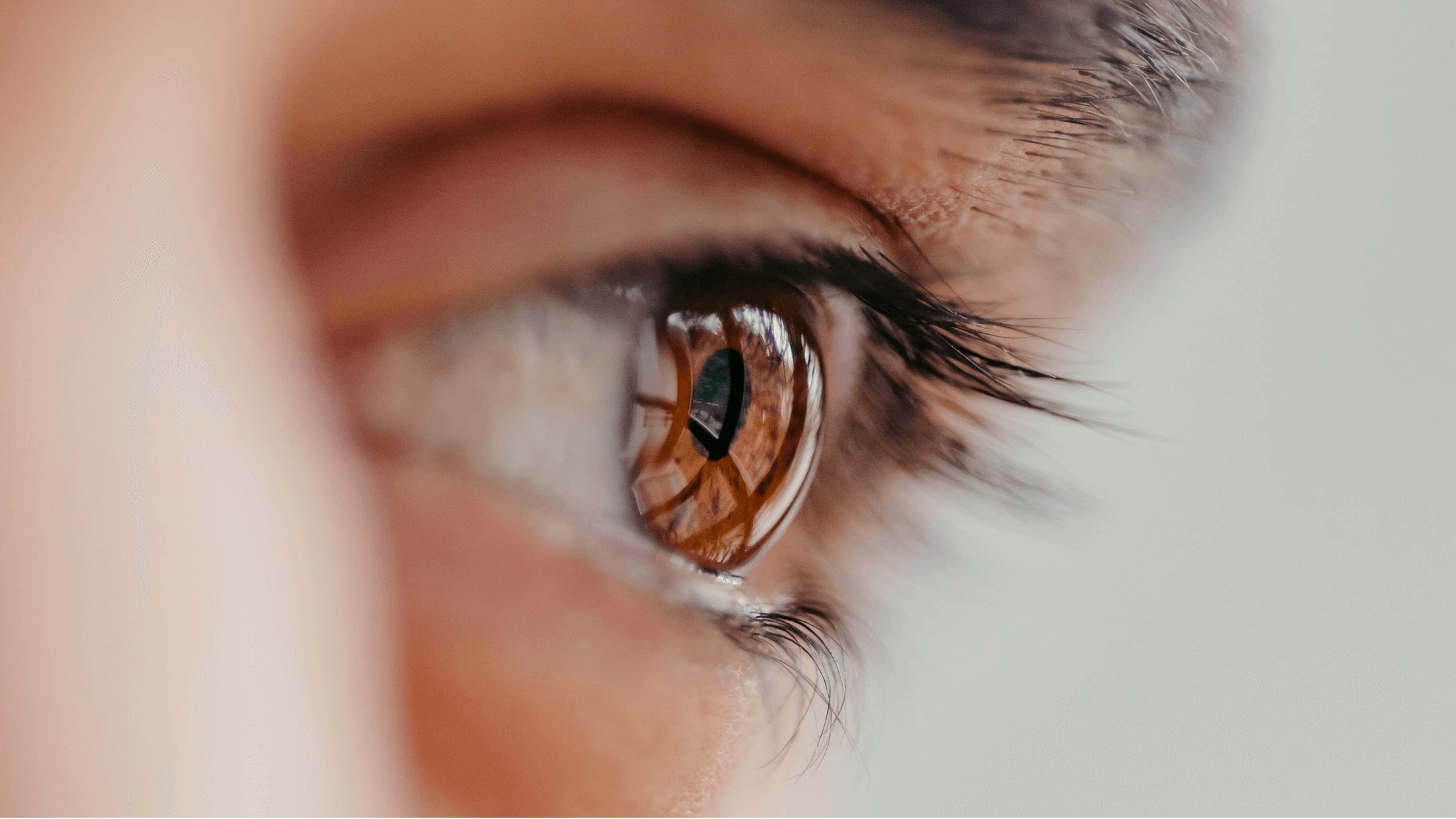Vitamin B3 (niacin)
Vitamin B3 (niacin) explained
Vitamin B3 (niacin/niacinamide) supports energy metabolism and skin health; high‑dose niacin as a drug treats dyslipidemia under medical care.
Not FDA ApprovedVitamin B3 (niacin) helps treat
• Niacin deficiency (pellagra prevention)
• Skin barrier and cellular energy
• Lipid management (prescription niacin—not supplements)
additional medications
• Lifestyle and prescription therapies for lipids
• Omega‑3s
• Dietary approaches (Portfolio/Mediterranean)
medication risks
• Hepatotoxicity at high doses
• Worsened glucose control/gout
• Flushing/pruritus with nicotinic acid
side effects
• Flushing
• Itching
• GI upset
• Headache
FAQs
Q: Flush vs no‑flush?A: Niacin (nicotinic acid) flushes; niacinamide does not but doesn’t improve lipids.
Q: Liver safety?
A: High doses can injure the liver—avoid megadoses without care.
Q: Glucose/uric acid?
A: High doses can raise both—monitor if diabetic or with gout.
Q: Interactions?
A: With statins, raises myopathy risk—medical supervision needed.
Q: FDA approval?
A: Supplements aren’t FDA‑approved to treat disease.









